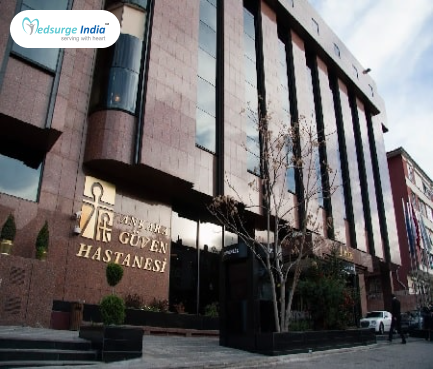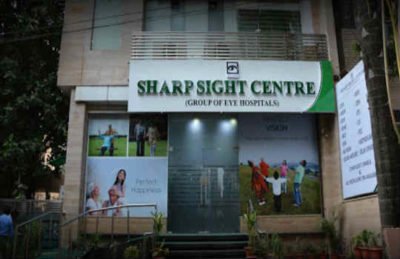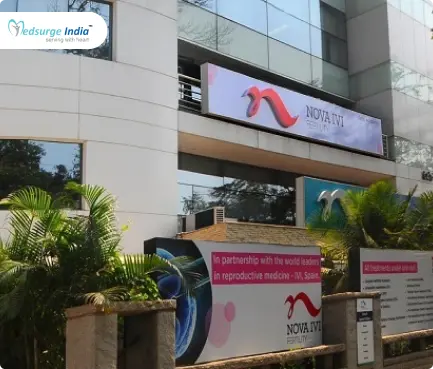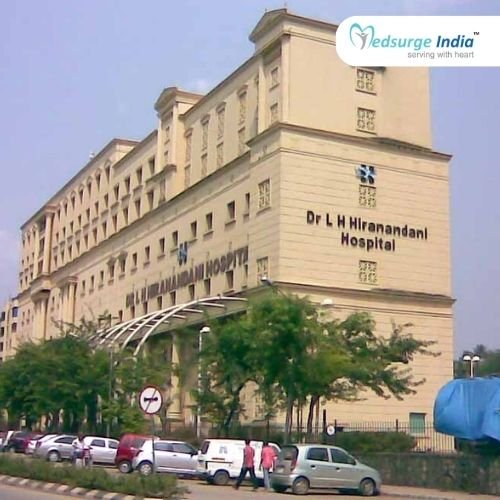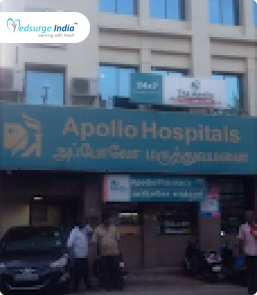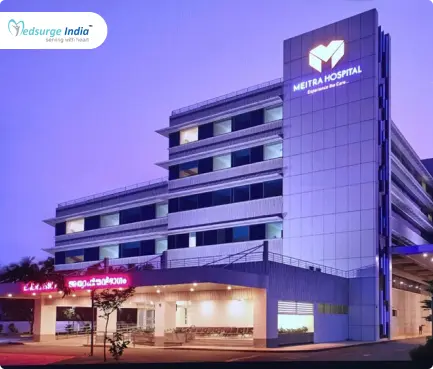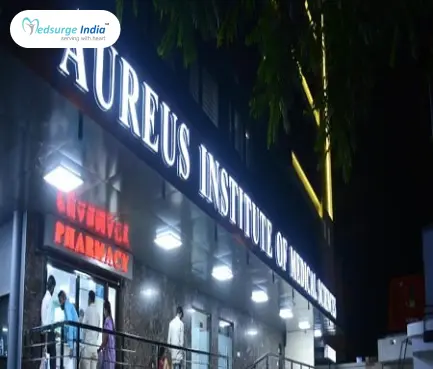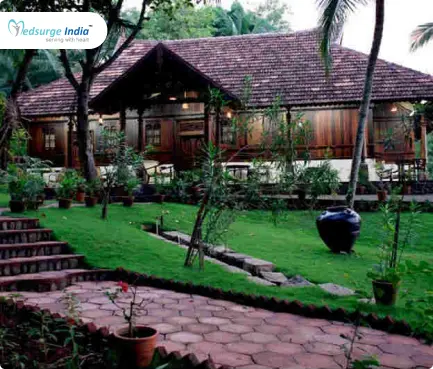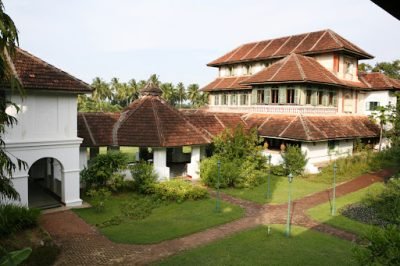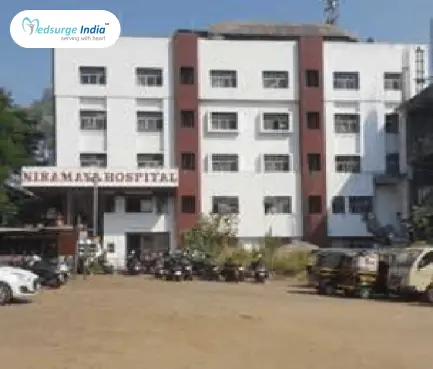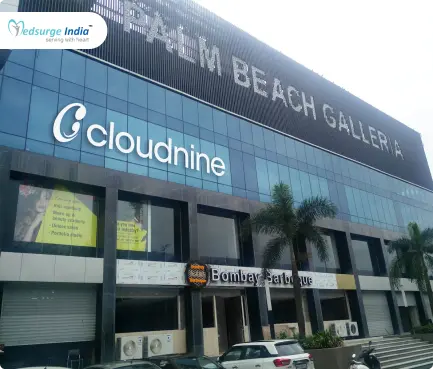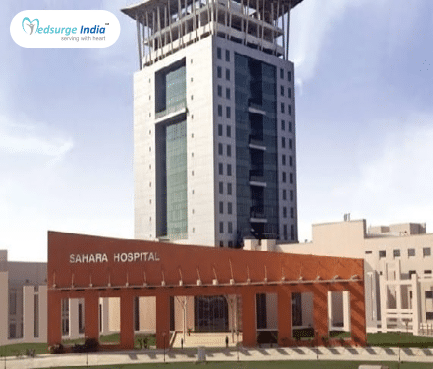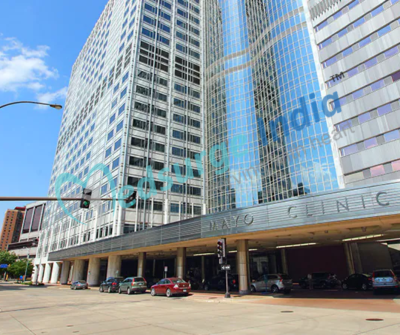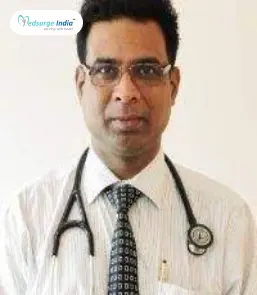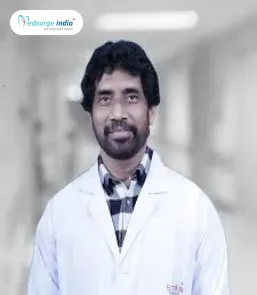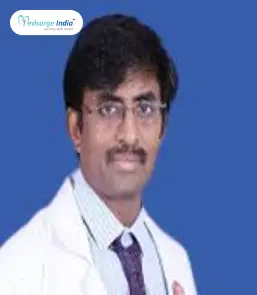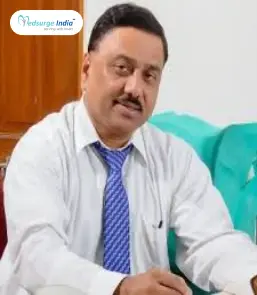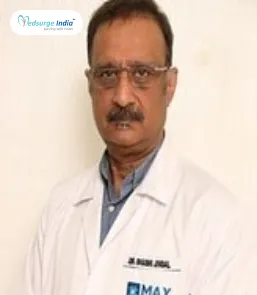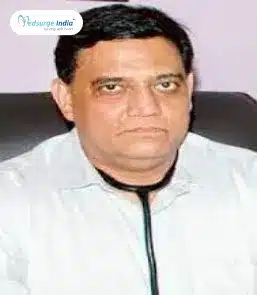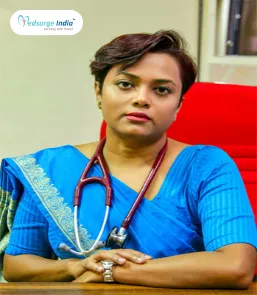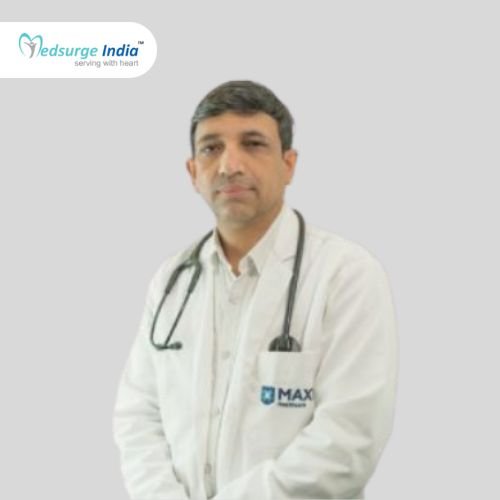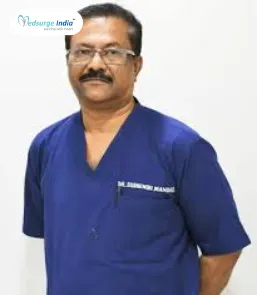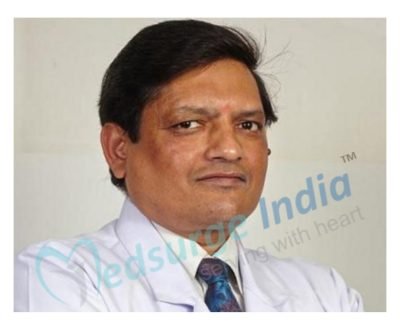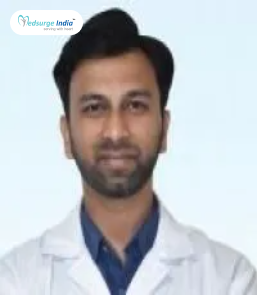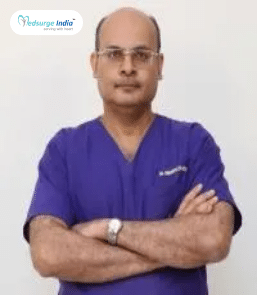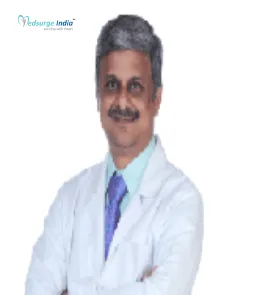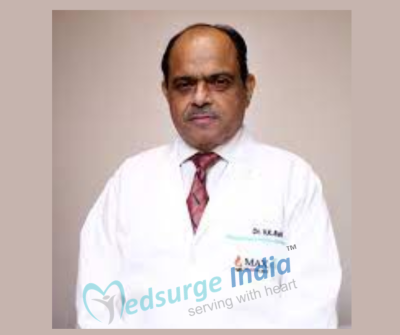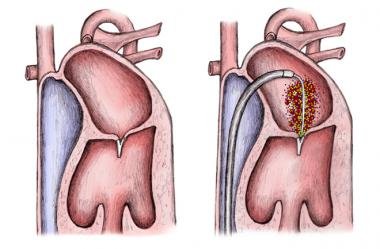
The process used in the treatment of mitral valve stenosis is popularly referred to as Percutaneous Trans-Mitral Commissurotomy. Mitral stenosis is a state in which the mitral valve at the center is thickened because of infection with bacteria- Beta Hemolytic Streptococci in youth. The valvular thickening causes a radical obstruction to blood flow which leads to breathing problems, arrhythmia, and clot formation resulting in stroke or paralysis. The stenotic mitral valve could be treated with valve replacement operation or draining the stenosis by means of a balloon at the PTMC process. But, surgical valve implantation ought to be prevented as the illness demands using anti-coagulants for the remaining portion of the life with a life-threatening danger of bleeding in accidents or trauma. Also, another risk is that the formation of cubes in the uterus when the drugs weren’t frequently taken. Hence PTMC is valuable over the open-heart operation. But, surgical valve implantation ought to be prevented as the illness demands using anti-coagulants for the remaining portion of the life with a life-threatening danger of bleeding in accidents or trauma. Also, another risk is that the formation of blocks in the valve when the drugs weren’t frequently taken. Hence PTMC is valuable over the open-heart operation.
Indications
- Patients with mitral valve stenosis and Demonstrating symptoms
- Older patients with aortic valve stenosis, but Cannot undergo Operation
- Some patients with pulmonic valve stenosis
Know More – Aortic Valve Replacement Cost in India
Get Free Cost Estimation
Procedure
Before Procedure
- Total blood tests, electrocardiogram, a chest x-ray is going to probably be done a day before the process.
- Routine medications like antihypertensives and anti-inflammatory ought to be advised to the physician and hints need to be taken to correct them on the day of their evaluation.
- Anti-coagulants are administered in certain patients on a surgeon’s guidance prior to the procedure.
- Eating and drinking shouldn’t be performed after the day on the day prior to the procedure.
- Allergic reaction to some previous medication should be informed.
- A comprehensive functional disability and Echo Doppler study should be completed in patients 24- 48 hrs of PTMC procedure.
During Procedure
- The Inoue balloon using only self-location is going to be utilized for the commissurotomy process.
- The dilating diameter of the balloon comes with an upper limit that is chosen based on the patient body weight.
- The process will be carried out with all of the steps with inflation of the balloon to at least 2 mm that’s significantly less than the diameter.
- The diameter of the balloon is going to be raised and the process will be repeated in the event the results have been suboptimal.
- When the hemodynamic parameters are optimal then the balloon tip will probably be traversed via the intra atrial septum using a stiffed cannula which facilitates the passage of balloon into the left atrium.
- Through the left atrium, the balloon will be placed into the left ventricle.
- The balloon will be inflated with a diluted contrast substance until the midsection of the balloon will be invisible.
After Procedure
- The hemodynamic measurements will be repeated following the PTMC process.
- An echo-Doppler analysis will be conducted following 24 h following the process through transthoracic or transesophageal echocardiography.
- Wilkins’s score is being employed to appraise the valve morphology.
- The patient will feel drowsy and have pain for the first couple of weeks post-operation. Some brief and sharp pains will look on each side of your chest. The chest region, shoulders, and upper back can ache for a few days. The incision on the chest provides some soreness and might swell that will be made better within 4-6 weeks.
- The patient can carry out normal activities after 4 to 6 weeks of this process. For 6 weeks heavy weight lifting ought to be avoided that will strain the chest muscles and will need to break very frequently.
- The process generally repairs the mitral valve but it’s still extremely important to eat a heart-healthy diet, stop smoking, and reduce anxiety. Heart medications should be taken frequently.
- Occasionally cardiac rehabilitation will assist the patient to recover fast.
Read More – Mitral Valve Replacement Cost in India
The Most Important Frequently Asked Questions
Q: What is the PTMC procedure?
A: Mitral stenosis is a state in which the mitral valve is substituted which may be among the common and long-term complications of rheumatic illness in the youth or bacterial disease. It is based on the severity of the illness that the patients might need a PTMC process to fix the valve or valve replacement with a prosthetic valve.
Q: What are the other names of Percutaneous Transvenous Mitral Commissurotomy?
A: The other names are Mitral valvuloplasty (MV) and Percutaneous transvenous mitral valvuloplasty (PTMV).
Q: How long it will take for the PTMC procedure?
A: The process usually takes 60 minutes but the prep time and the recovery following the process take a few hours. Patients must remain at least two days at the hospital for the process and a number of patients need still longer to return home based on their general health condition.
Q: What are the complications of the PTMC procedure?
A: After the procedure, the patient may go home within 2 days and has to report immediately to the medical staff in the following conditions such as
- Sudden onset of fever
- Swelling, bleeding, change in color, and pain in the groin
- Shortness of breath
- Weight gain or unusual swelling
- Chest pain
- The appearance of symptoms that were present before the procedure
Q: Does PTMC cure mitral valve disease?
A: PTMC is a process used to fix the disease known as mitral stenosis brought on by blocking of the mitral valve. The process will eliminate the block by means of a balloon and produces a pathway for the blood to flow without obstruction. It alleviates the symptoms of valvular disease but doesn’t cure the illness. In instances of acute valvular damage, the option is going to probably be valve replacement with a prosthetic valve. Following the procedure, some patients need to use drugs for the remainder of their life. The individual needs to follow the lifestyle modifications with routine medical follow-ups.
Q: What is the success rate of PTMC?
A: The success rate is roughly 80-90%. The people treated with PTMC procedure will get immediate symptom relief. However, this procedure can not cure or create a center valve every day. It helps to reestablish the blood circulation into the heart valves. Adhering to the procedure the increase in blood flow alleviates the symptoms, lowers the blood pressure inside the left atrium, and relieves lung congestion. This procedure has greater success rates with the advancement in brand new treatment modalities.
Q: What tests would be needed before the surgery?
A: The process generally requires tests like total blood tests, chest X-ray, Electrocardiogram that ought to be carried out no less than a week prior to the procedure.
Q: Does the procedure cause severe pain and how to cope with it?
A: The process causes some discomfort and pain but can be readily manageable with drugs and the side effects because of anesthesia can be worked out in a day or even two.
Q: What will be the recovery time for this procedure?
A: The typical recovery period will be 2-3 months following the procedure. The majority of the patients need 4-6 weeks for healing following the procedure.
Q: When can the patient resume old medications?
A: The patient may resume old medication after reaching home. However, the doctor may add some new medications or change the regular medicines.
Q: What activities can be done after the procedure?
A: The individual can carry out all regular actions without raising heavyweights rather than causing strain into the heart. Daily walking for a brief space will guarantee standard circulation. PTMC is an optimum surgical procedure for mitral valve disorder rather than replacement. Fix of the mitral valve may maintain heart form and function and enables a much better survival rate with less mortality rate. The process often doesn’t call for life management of anti-coagulants. A very low dose of aspirin could be needed in certain patients with complications.
Q: What causes valvular heart disease?
A: There might be several causes of the growth of heart valvular disease. A few of the causes might be fungal endocarditis and rheumatic fever in childhood, calcification, congenital defects, degenerative disease, and ischemia.
Q: What are the eligibility requirements for a medical visa to India?
A: Medical visa to India requires a valid passport and the treatment method approved in a hospital recognized by the government of India with expertise in intervention cardiology. The de procedure is very economical in India compared to developed countries and can fly bach in a short time period. Two attendants may accompany the individual on a separate attendant visa with a maximum of 3 entries per year.
Top Hospitals for PTMC – Percutaneous Transvenous Mitral Commissurotomy in India
Top Doctors for Cardiology And Cardiac Surgery
Dr. P K HAZRA
Head of Department
Experience: 25 years of experience
AMRI Hospital, Kolkata (Dhakuria)
Kolkata, India
Dr. Yeriswamy M C
Consultant
Experience: 16 years of experience
Manipal hospitals Life’s On, Jayanagar
Bangalore, India
Dr. Anup Charles Steven
Consultant
Experience: 11 years of experience
Aster CMI Hospital (Hebbel) Bangalore
Bangalore, India
Dr. Ripen Gupta
Senior Director & Unit Head
Experience: 25+ Years of experience
Max Super Specialty Hospital, Saket
New Delhi, India
Dr. Shashi Jindal
Director
Experience: 36 years of experience
Max Superspecialty Hospital, Mohali
Mohali, India
Dr. Sanjiv Agrawal
Senior Consultant
Experience: 25 years of experience
Fortis Malar Hospital ,Chennai
Chennai, India
Dr. Mahua Roy
Senior Consultant
Experience: 23+ years of experience
NH Rabindranath Tagore International Institute of Cardiac Sciences, Kolkata
Kolkata, India
Dr. Vineet Bhatia
Director
Experience: 20 years of experience
Max Super Speciality Hospital, Patparganj
New Delhi, India
Dr. R Anil Kumar
Consultant , MBBS, MD, DM, MRCP, Fellowship
Experience: 23 years of experience
Kolkata, India
Dr. S. S. Murthy
Interventional Cardiologist Senior Consultant DNB, DNB, MBBS
Experience: 19 years of experience
Fortis Memorial Research Institute, Gurgaon
Gurgaon, India
Dr. Sarita Gulati
Consultant
Experience: 19 years of experience
Manipal Hospitals Dwarka, Delhi
New Delhi, India
Dr. Manjunath S Pandit
Senior Consultant
Experience: 11+ years of experience
SDM Narayana Heart Centre, Dharwad
Dharwad, India
Dr. Debabrata Roy
Senior Consultant
Experience: 23+ years of experience
NH Rabindranath Tagore International Institute of Cardiac Sciences, Kolkata
Kolkata, India
Dr. Avinash Verma
Consultant DNB, MD, MBBS
Experience: 7 years of experience
Fortis Memorial Research Institute, Gurgaon
Gurgaon, India
Dr. Vinay Kumar Bahl
Director
Experience: 44 years of experience
Max Super Specialty Hospital, Saket
New Delhi, India


